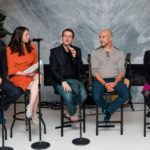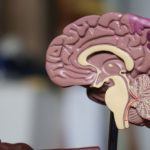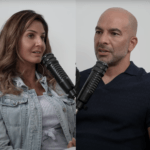
#257 ‒ Cognitive decline, neurodegeneration, and head injuries: mitigation and prevention strategies, supplements, and more | Tommy Wood, M.D., Ph.D.
“If you’re trying to maintain a basic set of cognitive functions, [it is important] to actively work on ways to increase headroom, increase absolute capacity throughout the lifespan. Because at some point capacity will decrease, but you want to push that out as far as you can.” —Tommy Wood

#166 – Patricia Corby, D.D.S.: Importance of oral health, best hygiene practices, and the relationship between poor oral health and systemic disease
“You can maintain optimal oral health just by brushing teeth, by flossing really well, and having good nutrition.” —Pat Corby

#164 – Amanda Smith, M.D.: Diagnosing, preventing, and treating Alzheimer’s disease, and what we can all learn from patients with dementia
“At the end of the day, it really has to do with how people see themselves, how people interact with the world, what kind of relationships they have, how able they are to let go of things that they’ve lost and how able they are to focus on the positive.” —Amanda Smith

#138 – Lauren Miller Rogen and Richard Isaacson, M.D.: Alzheimer’s disease prevention—patient and doctor perspectives
“Believe it or not, there are 46 million Americans with Alzheimer’s disease in their brain right now, but no symptoms.” — Richard Isaacson

A radical new approach to Alzheimer’s?
Perhaps a bigger takeaway from this article is the approach this particular group takes: a consortium from different fields converging on the problem is likely the right way to address a problem as daunting as Alzheimer’s disease.



